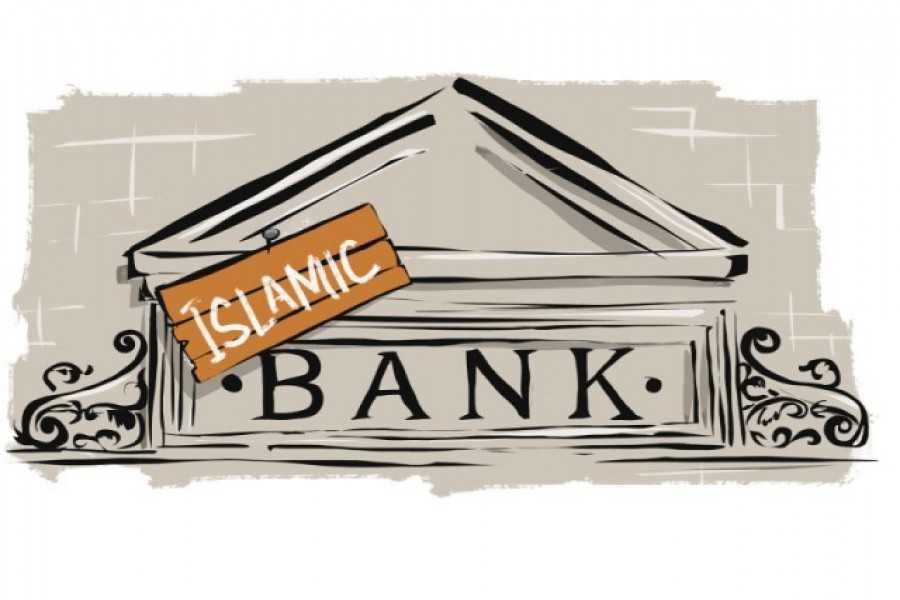Bangladesh's Islamic finance market keeps booming

Image collected
Recent news flash that Bangladesh’s central bank authorized the conversion of several more native banks to fully-fledged Islamic banks warrants taking a closer consider the Shariah-compliant banking and finance industry on the world’s fourth-many populous Muslim country.
According to recent mass media Dhaka Tribune, The Daily Star and The Economical Express the other day, the central lender of Bangladesh authorized applications from two household banks, Standard Lender and NRB Global Lender, to be fully Islamic banks. Both privately-held commercial banks so far only operated Islamic home windows but sought to convert to fully-fledged Shariah-compliant banks to enlarge their scope of merchandise offerings amid growing popularity of Islamic banking in the united states and tougher competition on the traditional banking industry. NRB Global Lender said it ideas to change its name to Global Islami Lender to underscore its brand-new role.
The approach brings the amount of fully-fledged Islamic banks in Bangladesh to ten, with others being Al-Arafah Islami Bank, Islami Bank Bangladesh, Exim Bank, Social Islami Bank, Shahjalal Islami Bank, Union Bank, First Security Islami Bank and ICB Islamic Bank. Furthermore, 19 Islamic banking branches of nine conventional professional banking institutions and 41 Islamic banking windows of seven typical commercial banks are providing Islamic financial services in the country.
Bangladesh is probably the Muslim nations whose impressive expansion in Islamic finance features somehow been overlooked in the past. The united states with a population of 165mn, which 91 per cent happen to be Muslim - which translates into 8.0 per cent of the global Muslim population -, has experienced strong consumer demand from the general public and from businesses for Islamic banking and finance services basically since the industry’s inception in 1983. According to latest obtainable central bank data, towards the end of the July-September 2019 quarter, total Shariah-compliant deposits at Bangladesh’s banking institutions reached $30.8bn, a 15 per cent increase above the same quarter of the previous year. This is based on the 15 to 20 per cent gross annual growth of the industry in the last years and brings the share of Islamic banking deposits near to 24 per cent of the complete deposit level of the country’s banking industry, while the show of loans and funding is even higher at near 25 per cent. The number of branches of the Islamic banking sector including Islamic branches and house windows of conventional commercial banks reached 1,301 by the end of the quarter, up from 1,200 in the same quarter of the previous year. Islamic banking today employs a lot more than 36,000 persons in Bangladesh, the central lender said.
“Bangladesh’s Islamic banking sector offers experienced robust growth due to policy supports and good open public demand,” the central lender noted in its quarterly report. “Latest issuance of sukuk guidelines by the Bangladesh Securities and Exchange Commission will enhance Islamic capital marketplaces badly needed for funding infrastructure and commercial projects towards reaching higher inclusive GDP progress and other sustainable advancement goals,” it added.
Analysts remember that the industry features still high prospect of further expansion due to Bangladesh enjoys a captivating market with GDP per capita having more than tripled in the last decade to near to $1,800 with the average (nominal) GDP expansion of 6.0 per cent annually to $288.4bn in 2018. Last year, Bangladesh’s market submitted record high growth of 8.1 per cent and is currently close to achieving double-digit GDP growth. Since 2009, the country’s market is continuing to grow by 188 per cent in size, and the per-capita money as per purchasing electric power parity offers surpassed $4,000, up from $2,400 a decade ago.
These are very positive preconditions for the Islamic banking and finance market since foreign traders beyond Indian corporations, namely Muslim traders, are beginning to go through the “Bangladesh boom” and seek to recognize business opportunities. Additionally it is predicted that the Islamic capital industry and the Islamic insurance and microfinance sector will broaden in tandem as supportive plans are adopted and applied. Bangladesh’s Islamic finance sector by using its many IT business owners is currently also adopting Shariah-compliant fintech to handle financial transactions and operations more proficiently through technological innovations.
Source: https://thefinancialexpress.com.bd
Tags :
Previous Story
- Bangladesh's Islamic finance market keeps booming with no...
- ADB Provides Further $170 Million for Capital Market...
- Stocks rebound strongly on Bangladesh Bank’s special fund
- Public tourism body changes its mission under plan...
- SMEs need boost from formal banking channels, say...
- The billion-dollar hit job
- Bankers again request Bangladesh Bank to keep small...
- Centralised vs decentralised banking operations